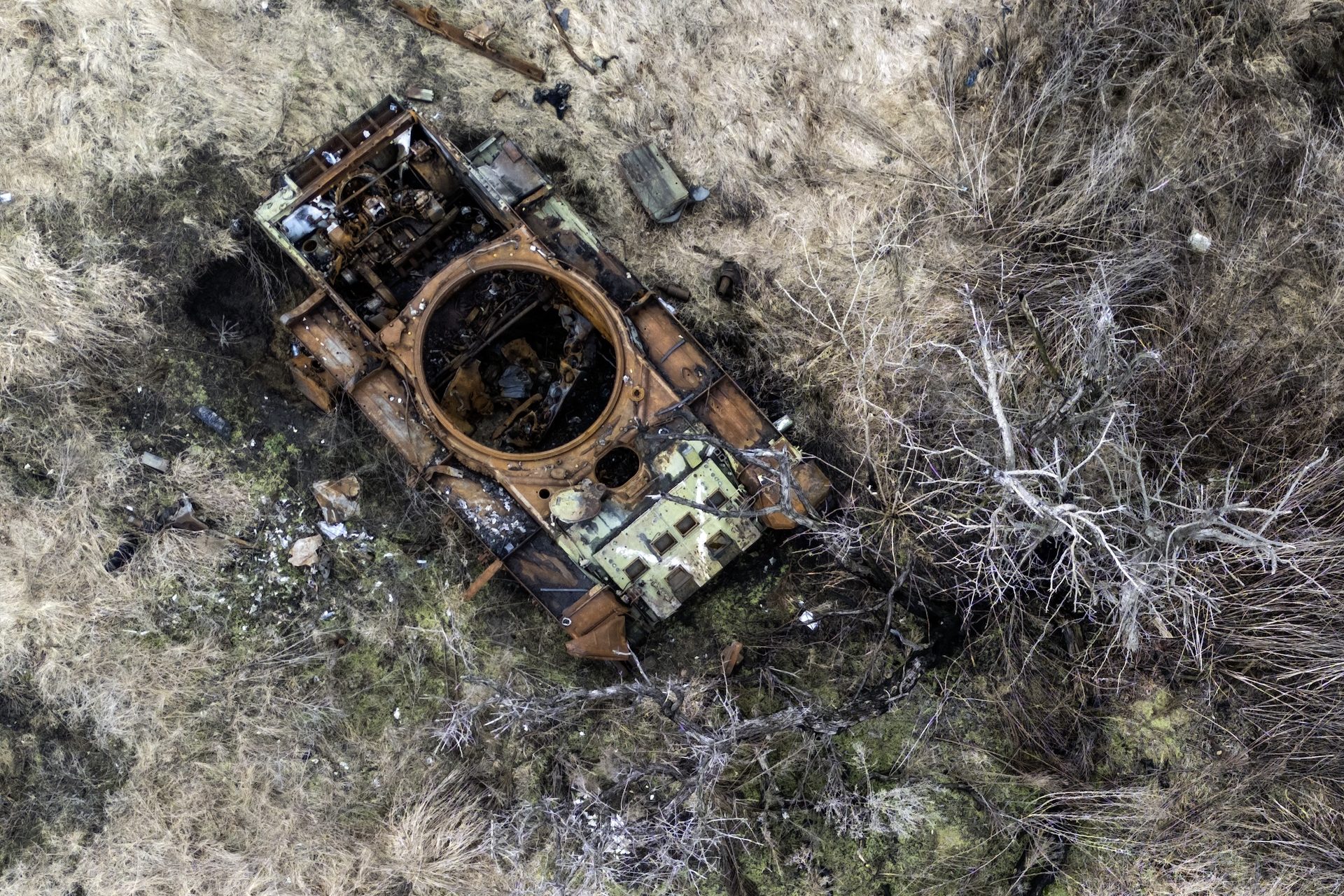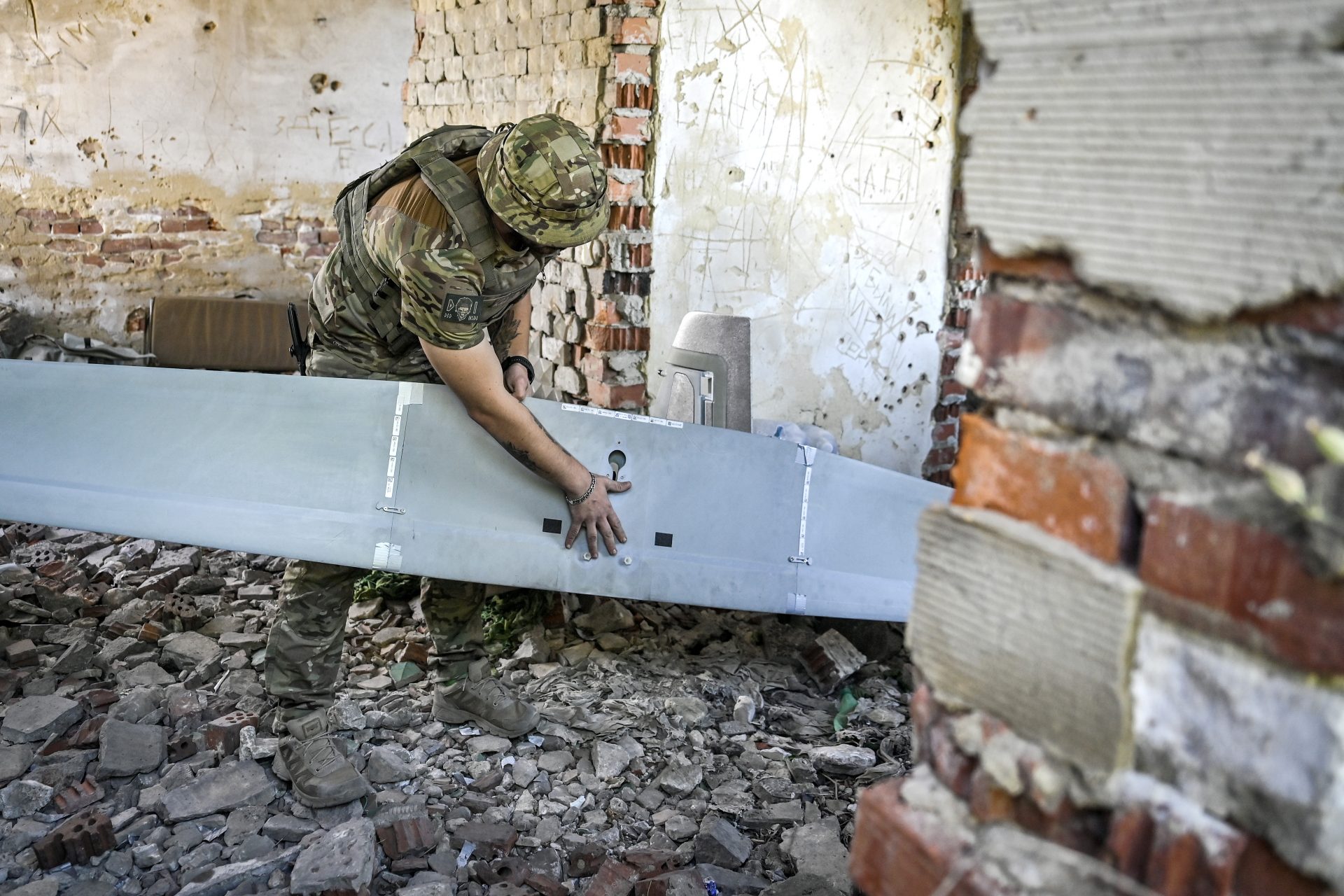Historic breakthrough in 2022: Dostarlimab cured all patients in tumor trial
While 2022 was full of bad news, there were a few amazing advancements made in the medical field. Advances in cancer treatment give hope to those diagnosed with the disease. Dostarlimab, an experimental cancer drug, shows great promise in helping those diagnosed with rectal cancer.
In a small clinical trial conducted in the United States, twelve patients diagnosed with rectal cancer all entered remission after taking Dostarlimab for six months.
The study published in The New England Journal of Medicine is extremely promising. Dr. Luis Diaz, a lead author of the paper and an oncologist at Memorial Sloan Kettering Cancer Center in New York, told The New York Times, "This is the first time this has happened in the history of cancer."
Photo: Memorial Sloan Kettering Cancer Center
Not only were all twelve patients cured by the medication, but they also suffered from no significant side effects during treatment. However, experts point out that a study of twelve people is not a large enough study to highlight any possible adverse reactions to the treatment.
Further study both on side effects and the efficiency of the drug is needed. Researchers insist that we must not conclude that the cancer has been eradicated permanently in the treated patients at this point in time.
The drug administered to rectal cancer patients is called Dostarlimab, an immunotherapy medicine. The drug unmasks cancer cells which allow the patient's immune system to identify them and then destroy the cancer cells.
Dostarlimab is normally used in the treatment of endometrial cancer. This was the first investigation into the use of Dostarlimab in rectal cancer tumors.
In the study, twelve patients with rectal cancer tumors were given Dostarlimab every three weeks over the course of six months.
Six months after ending the course of treatment with Dostarlimab, the patients in the study no longer had any detectable signs of cancer. Physical exams, endoscopies, PET, and MRI scans were all used, and cancer could not be found.
Now, two years later, all twelve participants in the study appear to continue to be cancer-free which is remarkable since none of the patients in the trial had received chemoradiotherapy or undergone surgery.
In an editorial that accompanied the study, Dr. Hanna Sanoff (pictured) from the University of North Carolina, who did not participate in the study, said: "These results are cause for great optimism" and that it "may be an early glimpse of a revolutionary treatment shift."
Photo: University of North Carolina School of Medicine
Dr. Sanoff also cautioned, "...such an approach cannot yet supplant our current curative treatment approach." The doctor went on to say that it is still unclear if the patients are genuinely cured, "Very little is known about the duration of time needed to find out whether a clinical complete response to Dostarlimab equates to cure."
The twelve participants in the study all had tumors with a genetic mutation which are also known as MMRd (mismatch repair deficiency) tumors. These types of tumors typically occur in around 5-10% of rectal cancer patients.
MMRd tumors tend to be less responsive to chemotherapy and radiation, so patients with these kinds of tumors often need to undergo surgery to remove them.
But there is one "advantage" with MMRd tumors. The mutations make the cancer cells more vulnerable to an immune response by the body, particularly when it is boosted by an immunotherapy agent such as Dostarlimab.
Nonetheless, as Dr. Kimmie Ng, a colorectal cancer expert at Harvard Medical School, told The New York Times, while the results may be "remarkable and unprecedented," the study must be replicated in order to understand the true response rate to the treatment.
More for you
Top Stories





























